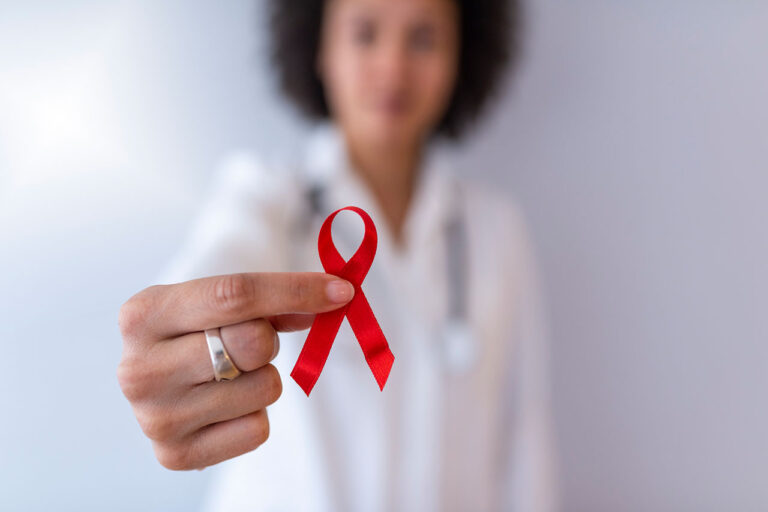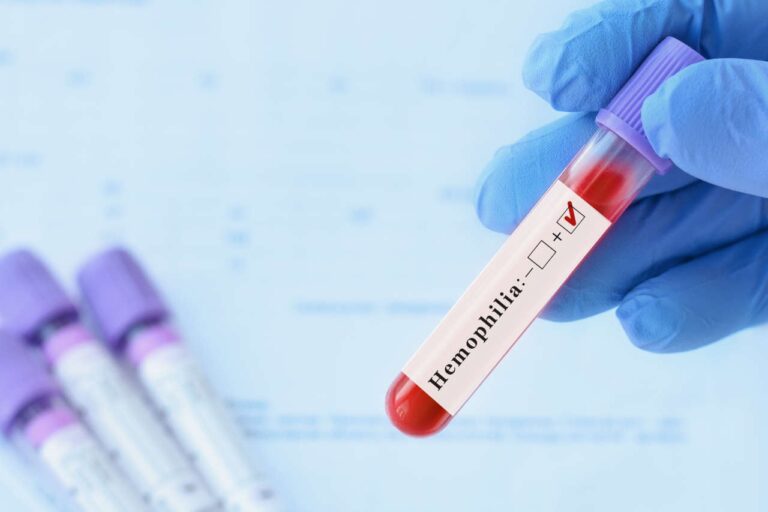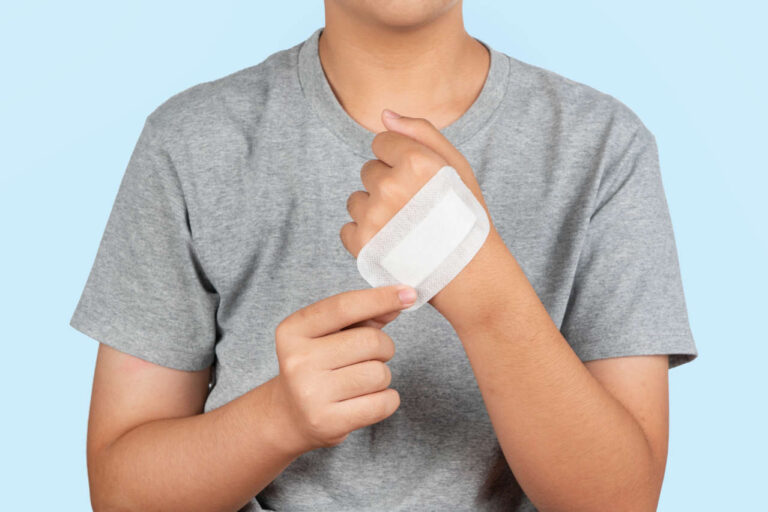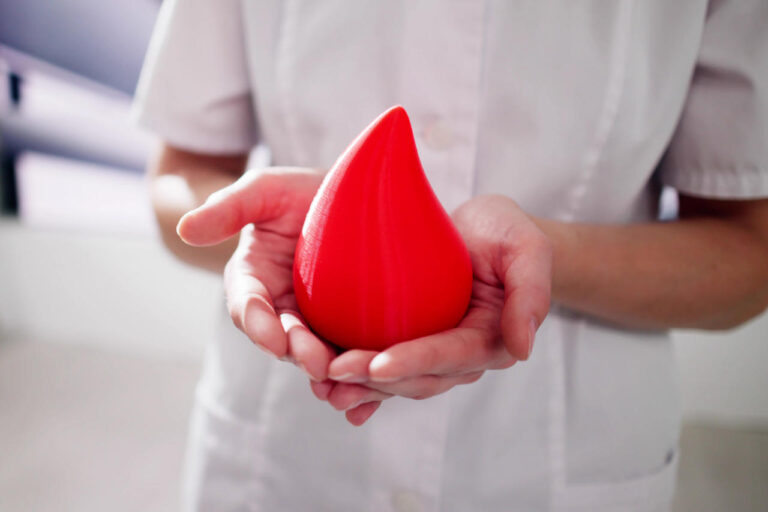
Limited information is available about the link between hemophilia and alcohol. While a low-to-moderate amount isn’t expected to cause any additional harm in hemophilia, long-term heavy drinking can have several consequences.
Speak to a Specialist About Copay Assistance
A Quick Overview of Hemophilia
In people with hemophilia, the blood doesn’t clot properly. This can happen when people have little or no clotting factors (most commonly VIII and IX) in their blood.
As a result, they tend to bleed for a longer time after an injury. Moreover, they are more likely to have internal bleeding, which, when untreated, can be fatal.
Hemophilia and Alcohol: 3 Reasons to Abstain From or Limit Drinking if You Have a Bleeding Disorder
1. Heavy Drinking Can Damage the Liver and Affect Clotting Factor Production
The combination of hemophilia and alcohol is a double whammy for your liver.
Overconsuming alcohol can lead to an accumulation of fats in the liver, inflammation, and scarring.
Your liver makes both factors VIII and IX. When you have liver disease, your liver fails to produce enough clotting factors, leading to altered blood clotting.
2. Alcohol Increases the Risk of Road Traffic Accidents
Driving under the influence increases the risk of road traffic accidents. According to the National Highway Traffic Safety Administration, over 30% of all traffic crash fatalities in the US involve drunk drivers [2].
Because hemophilia can make you bleed longer than usual, having any kind of injury can be problematic. In such cases, delayed treatment can be fatal.
3. Some Hemophilia Treatments Interact With Alcohol
People who receive gene therapy should avoid alcohol for at least 12 months after gene therapy. The liver is the target for hemophilia gene therapy. Thus, those on gene therapy are recommended to quit drinking or drinking in moderation for extended periods because it can decrease factor activity [3].
Get Financial Assistance
Dietary Guidelines for Alcohol in the US
According to the “2020-2025 Dietary Guidelines for Americans,” among people 21 years or older who choose to drink [4]:
- Men should limit their intake to 2 drinks or less per day.
- Women should limit their intake to 1 drink or less per day.
In the US, one “standard drink” is the amount of alcohol present in:
- 12 fl oz of regular beer (5% alcohol)
- 8 – 10 fl oz of malt liquor (7% alcohol)
- 5 fl oz of table wine (12% alcohol)
- 3 – 4 fl oz of fortified wine (17% alcohol)
- 1.5 fl oz of distilled spirits (40% alcohol)
Currently, no drinking guidelines for people with hemophilia are available. How much you can drink (if you choose to) depends on several factors, such as:
- Severity of hemophilia
- Presence of liver disease
- Your overall health
- Medications you take
Thus, it’s best to consult your provider if you choose to drink.
REFERENCES:
- Goedert, J. J., Eyster, M. E., Lederman, M. M., Mandalaki, T., De Moerloose, P., White, G., Angiolillo, A., Luban, N. L., Sherman, K. E., Manco‐Johnson, M. J., Preiss, L., Leissinger, C., Kessler, C. M., Cohen, A. R., DiMichele, D., Hilgartner, M. W., Aledort, L. M., Kröner, B., Rosenberg, P. S., & Hatzakis, A. (2002). End-stage liver disease in persons with hemophilia and transfusion-associated infections. Blood, 100(5), 1584–1589. https://doi.org/10.1182/blood.v100.5.1584.h81702001584_1584_1589
- Drunk driving | NHTSA. (n.d.). NHTSA. https://www.nhtsa.gov/risky-driving/drunk-driving#
- https://labeling.pfizer.com/ShowLabeling.aspx?id=20452
- Facts about moderate drinking | CDC. (n.d.). https://www.cdc.gov/alcohol/fact-sheets/moderate-drinking.htm#













